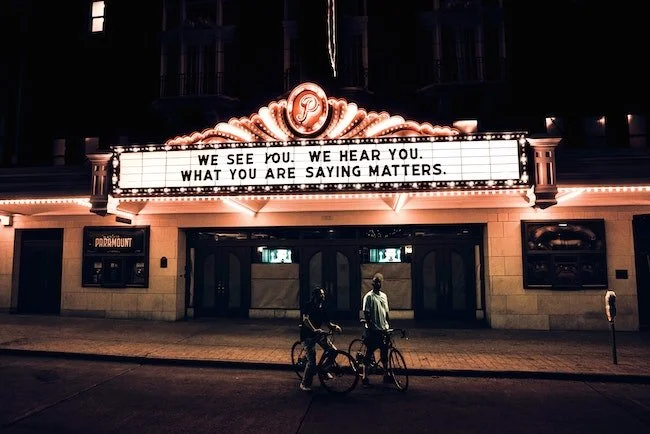We Don’t Talk About Addiction in BIPOC Communities. Here’s How We Can Start That Conversation.
BIPOC patients who seek treatment for mental illness do so in spite of truly staggering challenges. There is a pervasive stigma around addiction and mental health in communities of color, and the associated silencing about mental wellness in our families and networks is devastating. We did not get here overnight, and the work that we have to do to address this crisis will not be easy, but we owe it to ourselves to examine the pain of our communities and boldly reshape our relationships with one another.
Breaking Through The Power Of Pain: Racial Violence And Intergenerational Trauma
We cannot begin to have an honest, innovative discussion about cultural healing in America without starting the conversation on the topic of intergenerational trauma in BIPOC families. Intergenerational trauma is a manifestation of unhealed trauma that becomes so deeply ingrained in our bodies that it is passed on genetically to the next generation.
How Does Racial Trauma Impact Black Couples?
Structural racism exists. It has existed for centuries. Of course, there are people who consciously do their part to keep such a dynamic alive. The vast majority of humans, however, are simply not aware of the endless ways racism plays out on a daily basis. Even those victimized by oppression may find the causes to be obscured.








